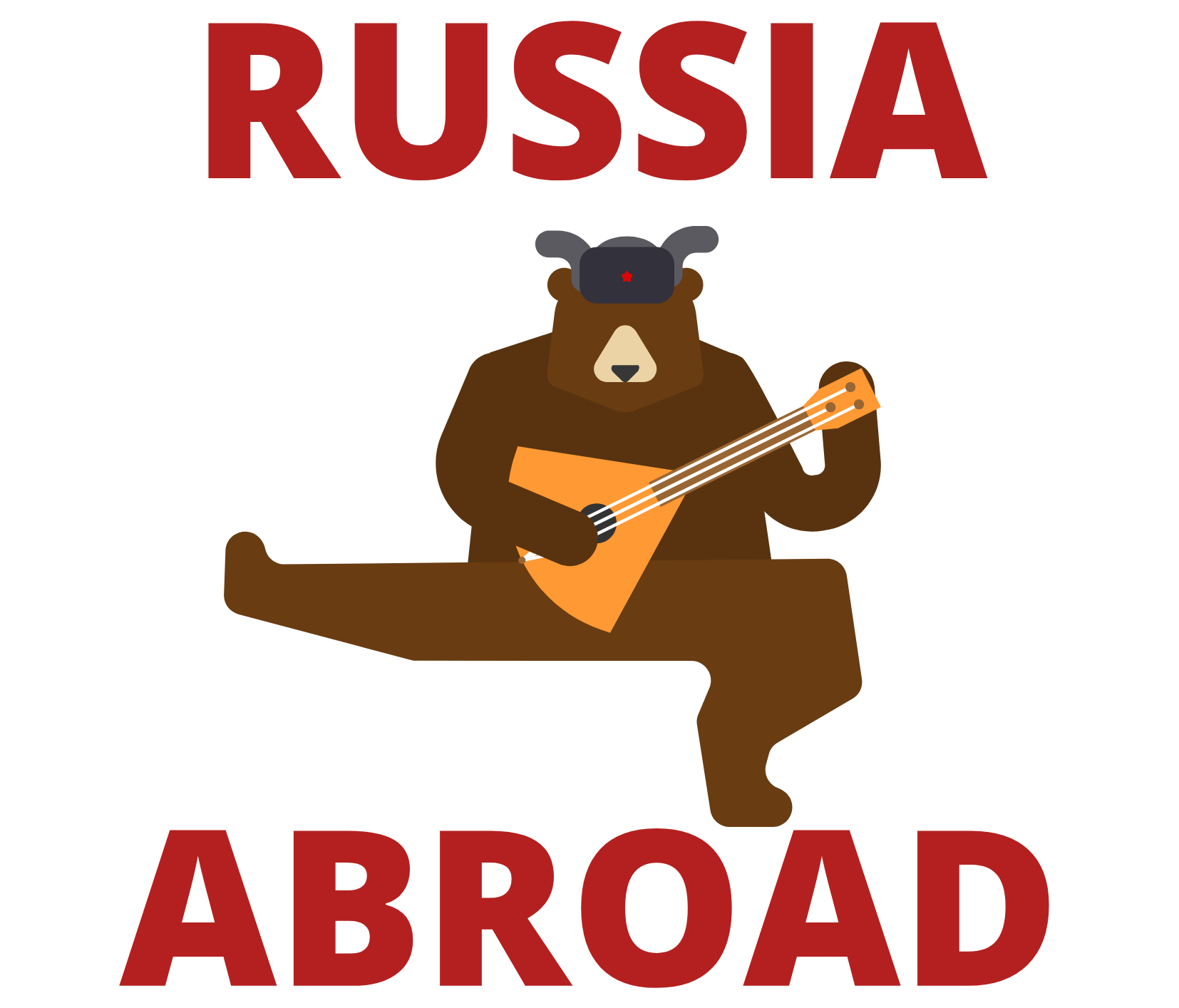During winter break I elected not to travel home, and instead spent some time in Ukraine. A couple of days after classes ended, I flew to Kiev, where I met my father. We spent a week together touring the city’s cathedrals, Great Patriotic War monuments and museums, and of course stopping by Maidan to get a feel for what was at the time, but sadly has since deteriorated from, a festive and hopeful atmosphere. We even took a half-day trip to Chernobyl, the site of the infamous 1986 nuclear disaster.
The dynamics that week between my father and me were quite different and completely unfamiliar to both of us. My father, who was in Europe for the very first time, is typically a take-charge kind of man. So even though I already understood that I would be responsible for communicating and finding our way around the city since he does not speak Russian or Ukrainian, I was still somewhat taken aback when he said that he would be following my lead.
Before my trip to Ukraine I had been in Russia for four months, using my Russian in real-life settings every day. However, having someone who needed assistance with translating was a new experience for me. I was not a student in a classroom with a teacher correcting me, nor was I among my Russian-speaking classmates. For maybe the first time I felt as if I was putting my Russian skills into practice. The week with my father went smoothly: he was a great sport, gladly taking the backseat while I showed him a thing or two.
At the end of the week my father returned to the US and I headed southeast to visit a friend from home that is volunteering in the Peace Corps. In her village most people speak a mixture of both Ukrainian and Russian, a dialect called Surzhyk. It was very interesting interacting with her host family and friends. For the most part I understood what my hosts were saying, but occasionally my friend, who is learning Ukrainian, had to help me with translating. Whereas most all Ukrainians understand Russian, Ukrainian, and Surzhyk, I have only studied Russian – and for only about four years. This made for some awkward situations in my friend’s village when I would speak Russian but would not understand what the person, with whom I was communicating, was saying back to me. I am afraid that on more than one occasion I frustrated people because they believed that I should have understood, but I replied with silence and a nervous smile. Overall, my trip to the Ukrainian countryside was very enjoyable, as I got to see a way of life far different from that of Muscovites and Kievans.
As my classmates were excitedly preparing to go home for the holidays I wondered if I was making a mistake by not taking the month to relax with family and friends. I was after all very tired by the end of the first semester. However, I quickly understood that my trip to Ukraine was exactly what I needed. I not only got a break from Russia, but I also got to see a new country with family and friends, all while using my Russian every day. By the end of my trip I felt that my Russian had actually improved, and mostly importantly I felt re-energized and ready to return to Moscow for the spring semester.
